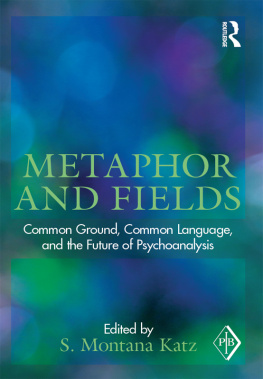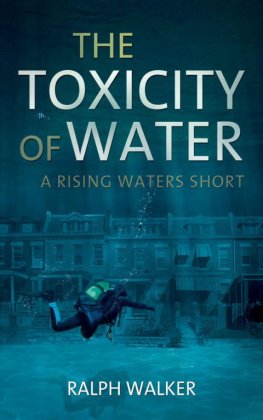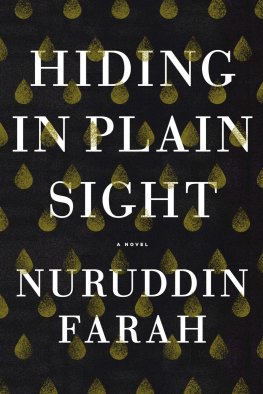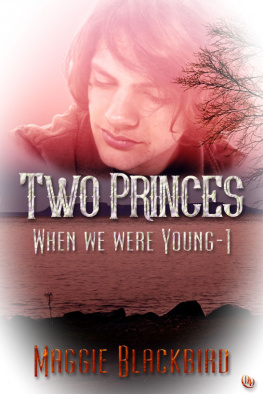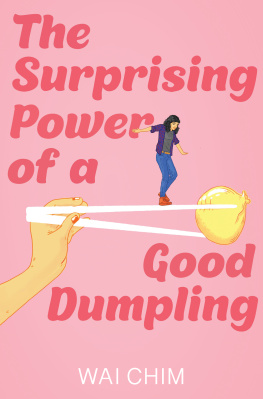Katz - Raft People
Here you can read online Katz - Raft People full text of the book (entire story) in english for free. Download pdf and epub, get meaning, cover and reviews about this ebook. publisher: Permuted Press, genre: Detective and thriller. Description of the work, (preface) as well as reviews are available. Best literature library LitArk.com created for fans of good reading and offers a wide selection of genres:
Romance novel
Science fiction
Adventure
Detective
Science
History
Home and family
Prose
Art
Politics
Computer
Non-fiction
Religion
Business
Children
Humor
Choose a favorite category and find really read worthwhile books. Enjoy immersion in the world of imagination, feel the emotions of the characters or learn something new for yourself, make an fascinating discovery.
- Book:Raft People
- Author:
- Publisher:Permuted Press
- Genre:
- Rating:5 / 5
- Favourites:Add to favourites
- Your mark:
- 100
- 1
- 2
- 3
- 4
- 5
Raft People: summary, description and annotation
We offer to read an annotation, description, summary or preface (depends on what the author of the book "Raft People" wrote himself). If you haven't found the necessary information about the book — write in the comments, we will try to find it.
Before the Big Flood, Liz Green worried more about hiding detention notes, the activities of her rebellious friends, and mental illness than global climate change. She lives on the Texas Coastal Plain with her single mother, brilliant older brother, and socially awkward but clever younger brother. But now the water keeps rising, and her mother, Leah, has bigger problems than Liz.
Raft People — read online for free the complete book (whole text) full work
Below is the text of the book, divided by pages. System saving the place of the last page read, allows you to conveniently read the book "Raft People" online for free, without having to search again every time where you left off. Put a bookmark, and you can go to the page where you finished reading at any time.
Font size:
Interval:
Bookmark:
A PERMUTED PRESS book
published at Smashwords.
Trade Paper ISBN: 978-1-61868-100-3
eBook ISBN: 978-1-61868-101-0
Raft People copyright 2012
by ML Katz.
All Rights Reserved.
This book is a work of fiction. People,places, events, and situations are the product of the authorsimagination. Any resemblance to actual persons, living or dead, orhistorical events, is purely coincidental.
No part of this book may be reproduced,stored in a retrieval system, or transmitted by any means withoutthe written permission of the author and publisher.
Sometimes I live in the country
Sometimes I live in town
Sometimes I get a great notion
To jump into the river and drown
Goodnight, Irene by Huddie WilliamLedbetter
Fifteen years after the Big Flood, I stillregard every rainbow with suspicion. Years before the catastrophe,childhood friends showed me a Sunday school workbook that suggestedevery rainbow contained a promise that the world would never floodagain. I saw plenty of rainbows, suspended over a horizon of murkywater, as I hugged the deck of Leahs Folly during the time of theBig Flood. I am studying a rainbow now. I can see bands of colorfade in and out against a slice of washed-out sky. It is allbeautifully framed by my office window. My nicely-mountedcertificates and diplomas surround the window on both sides. Facedwith recounting my familys survival story, I feel mocked by thework of men and nature.
I remember asking Rabbi Gerson about rainbowsand omens one morning when we stood on the deck of Leahs Folly,the little homemade boat that saved us from the Big Flood. It hadstormed the night before, and everything felt damp and clammy.Choppy grey water stretched out in all directions as far as I couldsee. On the horizon, the water just blended into the grey sky.Little streams of water kept flowing around the rails andstructures on the deck. I wore flip-flops, and my feet were cold,wet, and blistered in a dozen places.
Rabbi Gerson had on gym shoes, and they werealso soaked through. His dark pants had faded from being splatteredand badly cleaned so often. He wore a borrowed sweatshirt andbaseball cap because his other clothing had been ruined weeksbefore. The rabbis untrimmed beard waved in the chilly wind. Hislips were set in a stoic grimace.
In fact, our mission that morning was simplyto take our wet/dry vacuums and get rid of the pools of water. Wehauled the battery-powered devices out of our storage shack andestimated that each of us would need to fill and empty the heavythings at least half a dozen times. The job promised to betedious.
I looked around and saw our companion crafts,Devils Island, Bayou Drink, Moby Dick, Sisters of Mercy, andMighty Duck, bobbing all around us. People on the decks of theother boats managed to shout greetings and wave. I should have beencheered up, but at that point in time, I could only see a band ofluckless, but ridiculously optimistic, primates floating on theopen sea.
I try to picture myself, the way I lookedback then, as a teenage girl during the time of the Big Flood. Ihad magenta streaks in my frizzy brown hair. My clothes were amismatched selection of whatever was not ruined or hopelesslyfilthy. I had lost a pant size, and lacked a belt. I tied up myjeans with a brightly-colored scarf. A deep frown pulled my chappedlips down my face. I must have looked like a sad clown.
Rabbi Gerson considered my questions, smiledat me and said, Liz, stop looking for good omens. Lets just keeptrying to be one. Then he touched his head, right below his hat,and he winked at me. This morning, we will focus on being the bestdeck cleaners that we can be. We will make sure that your mother,brother, and the rest of our people do not slip on a wet spot. Howcan our mission be any clearer?
He could have said a lot more, but as theweeks passed, Rabbi Gersons speech had become concise. Among theseveral crafts that floated together, he had an unruly flock ofunreligious Jews, Christians, Moslems, Buddhists, Hindus,agnostics, and who knows what else. Some of us even suspected thata few Bayou Drink rafters engaged in some sort of Island voodooreligion. Burdened by his own grief, and tasked with explaining theinexplicable, I believe that he had just decided, wisely, to mostlylead by example.
Now I must pull my eyes away from the window,and my mind back to the present. It takes some effort to stopvisualizing the miserable deck of Leahs Folly, and to watch myhusband take a place on one of my guest chairs as I try to centermyself in the here and now. Daniel stretches out in the corner,ankles and arms crossed, apparently determined not to be central tothis conversation. Mark, my younger brother, just stands in frontof my desk looking expectant.
How do you think we can describe asurvivor? I ask Mark abruptly. Thats what our dear older brotherAndrew asked for, right, a narrative of our time as Raft People?They want to figure out what allowed us to survive a flood thatcovered almost twenty percent of formerly dry land in a few months.They believe, I suppose, that their analysis could help people inthe future.
They say the strong survive, but most of uswere not really strong, Mark begins earnestly. We just need totell our story to explain how we pooled our strengths together.When something or somebody got lost or failed, something orsomebody else always seemed to fill the void. His earnestexpression and tone suggest that he had chosen his words carefullyeven if they strike me as trite. As he speaks, he looks intent, buthis eyes focus on some point on the wall to the right of my ownface. Daniel and I have given up on training Mark to make bettereye contact.
I understand how Mark thinks, but I amalready frustrated. Mark, Daniel, and I have been asked todeconstruct a particular type of flood survivor so some navalintellectuals can build a profile. My older brother, CommanderAndrew Green, sent the request to Mark. Perhaps they believe theDry Line will move again, and more people will have to startdrifting. More likely, they just have some budget money to spendand this project seems a likely prospect to enhance theirreputations while preserving their funding.
Fifteen years ago, everybody in this roombelonged to a group called Raft People. These are groups ofpeople who survived the catastrophic and sudden Big Flood onhomemade or small crafts. Scientists still argue about the exactsequence of events that caused the seas to rise, but I plan todocument what we heard, and when we heard it. All I know forcertain is that we only had a few months to prepare, and lots ofpeople had even less time. By the time we actually believed thatthe water was rising fast and far, a lot of options had alreadybeen closed to us. How can we tell anybody about surviving as RaftPeople when most of it still seems so accidental?
The strong survived? I ask my brothergently. From everything I saw and heard during the first months ofthe Big Flood, strong men with tree trunks for legs had about thesame chance as tiny infants or nutty teenage girls. No oneparticular quality, like good health, a high IQ, an indomitablewill, or even a lot of money, could guarantee survival. Noparticular infirmity, like advanced age, a disability, or mentalillness would rule it out either. I am certain that I will say thesame thing at the end of this narrative as I say at the beginning.All I can tell you is that survivors survived.
My younger brother, Mark, shakes his head ashe paces around to stand over my shoulder to see what I am enteringin my laptop. Daniel, my husband, still leans back in mycomfortable client chair. I know he is listening, but he almostlooks asleep.
That answers nothing, Mark says. They wantto know what qualities increased survival chances, and you want totell them it was just dumb luck?
Next pageFont size:
Interval:
Bookmark:
Similar books «Raft People»
Look at similar books to Raft People. We have selected literature similar in name and meaning in the hope of providing readers with more options to find new, interesting, not yet read works.
Discussion, reviews of the book Raft People and just readers' own opinions. Leave your comments, write what you think about the work, its meaning or the main characters. Specify what exactly you liked and what you didn't like, and why you think so.

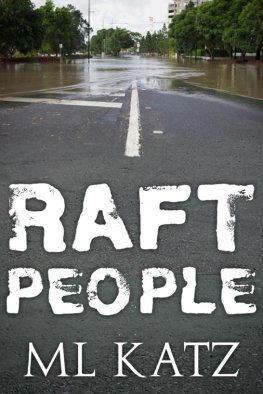
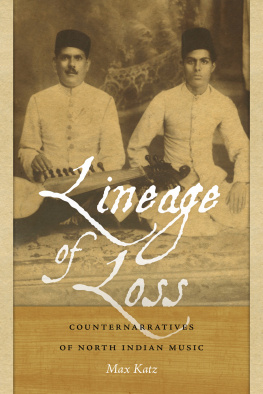
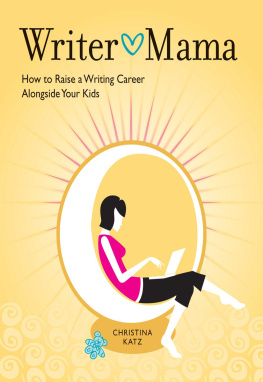
![Katz - Zombie Slayer Box Set, Vol. 1 [Books 1-3]](/uploads/posts/book/141697/thumbs/katz-zombie-slayer-box-set-vol-1-books-1-3.jpg)
